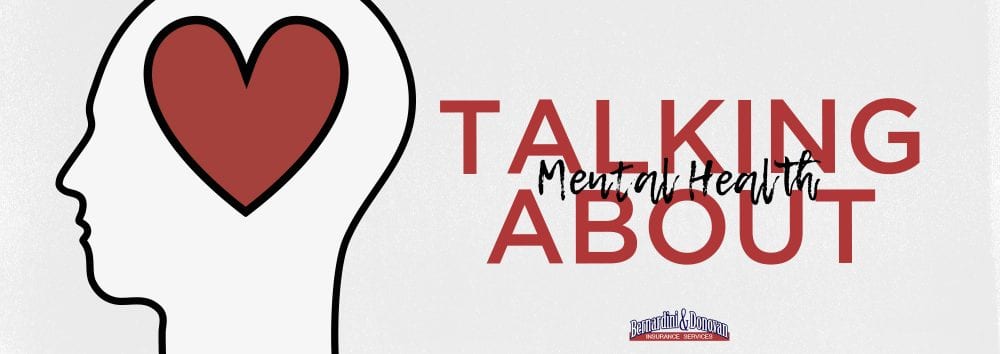As we begin this June, we turn our attention to men as we look at their health. This June 6 start Men’s Health Week and what is needed to help them live healthier and happier lives. Before we get into this list, we do want to give a special shout out to women. It would be easy to look at this list as there is nothing here for you. However, nothing could be further from the truth. It is a fact that women live longer than men. This stems from the fact that women often go to the doctor, ask lots of questions, and make informed decisions when it comes to their health. As you look over this list, we ask that you would help encourage the men around you to pursue their health and help them take these steps to a healthier lifestyle.
Make that appointment even if you feel great
One of the most significant issues the men face is that they may know that they are facing health issues, but do not seek out health experts. Here is an age guide of what you should be asking about based upon your life stage:
-
For men in their 30s
- Complete physical every two years
- Get blood pressure checked every year
- Cancer screenings for thyroid, testicles, lymph nodes, mouth and skin every three years
- Cholesterol test for total LDL, HDL (the good kind) every three years
- Testicular self-exam every month
-
For men in their 40s
- Get blood pressure checked every year
- Cancer screenings for thyroid, testicles, lymph nodes, mouth and skin every three years
- Cholesterol test for total LDL, HDL (the good kind) every three years
- Testicular self-exam every month
- Complete physical every two years
- Baseline prostate-specific antigen (PSA) test and digital rectal exam (DRE)
- Stool test (for colon and rectal cancers) every year
-
For men in their 50s
- Get blood pressure checked every year
- Cancer screenings for thyroid, testicles, lymph nodes, mouth and skin every three years
- Cholesterol test for total LDL, HDL (the good kind) every three years
- Testicular self-exam every month
- A sigmoidoscopy or colonoscopy (for colon cancers) every three to four years or as recommended by your healthcare provider
- PSA and DRE exam every year (https://observer.com/2015/06/men-need-to-know-more-about-their-health/)
- Get blood pressure checked every year
Get Moving
One of the most significant ways to help your health is to engage in 30 minutes of cardio exercise a day. Studies have shown that it can significantly improve your heart health as well as lower your stress levels. If you are having a hard time finding 30 minutes a day, any amount of exercise is helpful. You could also use this time to engage with your family by playing a sport together or going on a walk together.

Stop Smoking
This single step has one of the greatest benefits to your health. When you smoke, you are in taking over 4,000 harmful chemicals that are known to cause cancer in your body. By quitting smoking, you are giving your lungs a chance they need to heal and to function correctly. The health of your lungs goes up significantly in just two weeks after you stop smoking.
Hormone changes are not only for women
While many are familiar with menopause for women, men also have changes to their hormones while they age. Testosterone levels tend to drop as men age. If you want to get an idea of where your levels are at, it is good to test them in the morning before 9 am. That will give you a good idea if your levels or high or low. If you start to gain weight, especially around your middle, this can change your testosterone levels as well. Keeping a trim waist helps keep your levels healthy.
Mental Health Matters
In many ways, your attitude about aging and your mental health has just as much effect on you as your physical condition. Pay attention if you are utilizing any unhealthy coping mechanisms or substances to help you get through a day or to deal with stress. If you find yourself in a negative place, please reach out for help. There are more options available to help men find the right work/life balance and be happier each day.





